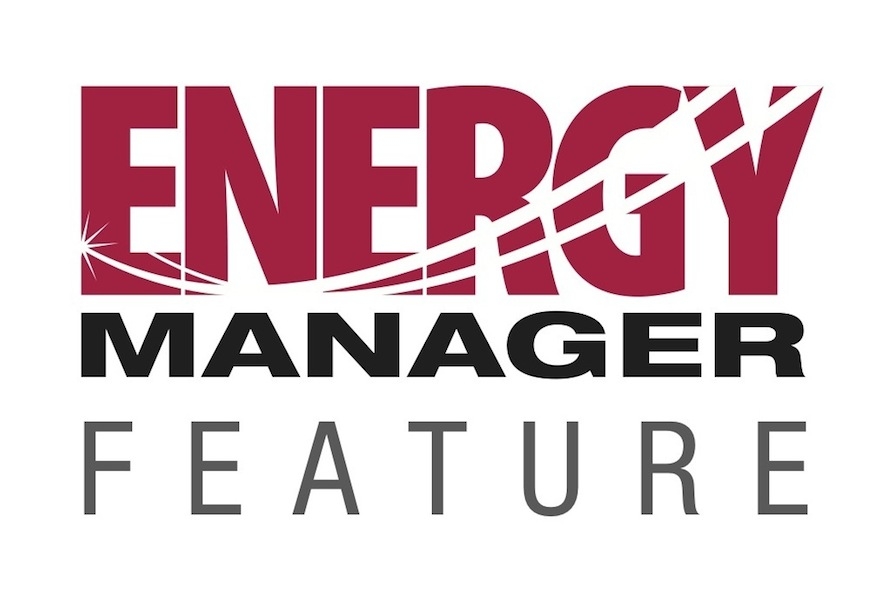
News
FEATURE – Energy efficiency legislation benefits real estate market
November 14, 2012 - In a global survey conducted by The Economist Intelligence Unit commissioned by the Global Buildings Performance Network (GBPN), 75% of real estate and construction leaders agreed that building energy efficiency legislation is beneficial to their business. Meanwhile, more than a third of respondents (34%) say a lack of enforcement of existing regulations is a leading obstacle to investments in energy efficiency.
November 14, 2012 By Alyssa Dalton

This view of legislation presents significant opportunities for decision makers in all regions of the world to develop policy tools that can increase building energy efficiency and performance, stated The Economist Intelligence Unit, adding that it shows companies are linking energy efficiency with financial performance.
“Given the fact that buildings account for about a third of total energy use worldwide and of energy-related CO2 emissions, the research suggests that business leaders are ready to go deep and are waiting for the right policy signals that can scale up energy efficiency in the sector,” said Peter Graham, GBPN executive director.
The report Energy efficiency and energy savings: a view from the building sector explores how real estate and construction executives approach energy efficiency regulation in their business. It found that:
• Many companies are not fully-informed about energy realities and the true cost of energy consumption. One third of the respondents underestimated the financial significance of energy consumption in their own businesses. Many are also unclear about the costs of constructing highly energy-efficient buildings. While the actual additional costs vary between 5 to 15%, two thirds of respondents overestimate the cost, saying that energy-efficient buildings cost 15% more than a standard construction.
• 63% of the respondents say that energy efficiency influences their investment decisions, and this is true across all regions. More than 50% of respondents are ready to tolerate payback terms of five years or longer.
• Some companies are already taking action and going beyond equipment upgrades. Half of the respondents are adding building insulation, while nearly the same proportion is adopting more efficient HVAC systems and replacing inefficient lighting (57%).
• 68% of respondents estimate that carbon taxes are helpful to drive investments in efficient buildings, and the same proportion believes global agreements limiting carbon emissions would create a level playing field for businesses.
CLICK HERE to download the report.
Print this page